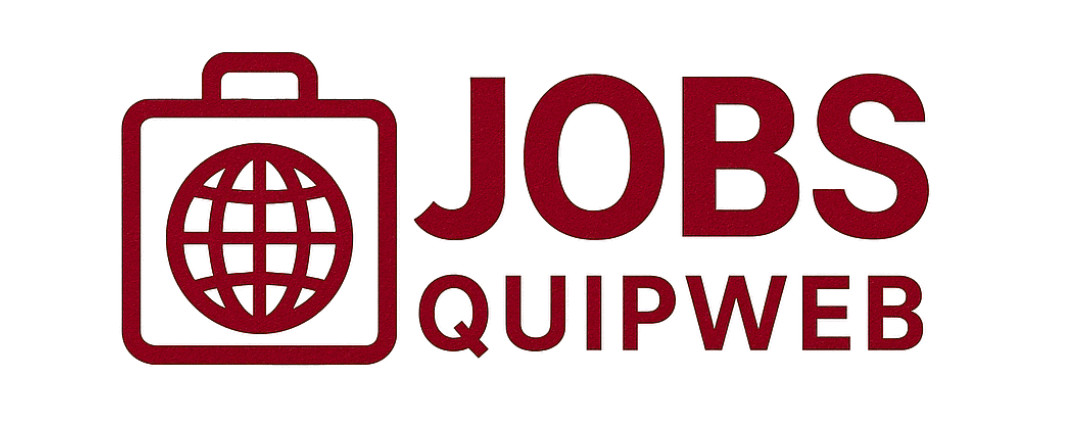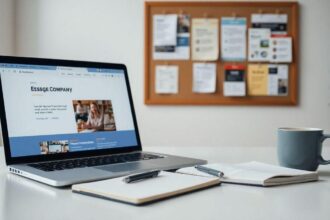Navigating challenging panel interview scenarios in healthcare professions can feel overwhelming. I know this firsthand. Panel interviews are unique, and understanding their structure is crucial. Each member has a role, and their perspectives matter. I will guide you through what to expect, how to communicate effectively, and strategies to shine during your interview. Together, we’ll break down the tricks you need to handle those tricky questions and turn stress into success. Let’s dive in!
Understanding the Structure of Panel Interviews
What to Expect in a Panel Interview
When I walk into a panel interview, I know I’m stepping into a room filled with multiple interviewers. This setup can feel intimidating, but I remind myself that it’s a chance to shine. In a panel interview, I can expect to face a group of people, often from different departments, all with their own set of questions. They might each take turns asking about my experience, skills, and how I would handle certain situations.
It’s essential to prepare for a variety of question types. Some might focus on my technical skills, while others might dive into my soft skills, like teamwork and communication. I often think of it as a team sport, where I need to show that I can play well with others.
Key Roles of Panel Members
Each panel member plays a critical role in the interview process. Here’s a quick breakdown of the typical roles I might encounter:
| Panel Member Role | Focus Area |
|---|---|
| HR Representative | Cultural fit, overall background |
| Technical Expert | Skills, job-specific knowledge |
| Team Leader | Team dynamics, leadership potential |
| Peer Colleague | Collaboration, interpersonal skills |
The Importance of Each Panel Member’s Perspective
Each panel member brings a unique viewpoint to the table. The HR representative often looks for how well I fit into the company culture. Meanwhile, the technical expert digs into my skills to see if I can handle the job’s demands. The team leader assesses how I might fit into the existing team, and the peer colleague evaluates my potential for collaboration.
By understanding these roles, I can tailor my responses to address each member’s concerns. This approach not only helps me connect with them but also shows that I appreciate their individual perspectives.
Mastering Effective Communication in Healthcare Interviews
Tips for Clear and Confident Responses
When I’m facing a panel interview in healthcare, I know that clear and confident responses are key. Here are some tips that I find helpful:
- Practice: I rehearse my answers to common questions. This helps me feel more at ease.
- Be Concise: I keep my answers straight to the point. This shows I respect the panel’s time.
- Use Examples: I share real-life stories from my experience. This makes my answers relatable and memorable.
How to Read Non-Verbal Cues
Reading non-verbal cues can be a game changer. I pay attention to body language and facial expressions. Here’s what I look for:
| Cue | What It Might Mean |
|---|---|
| Leaning Forward | Interest in what I’m saying |
| Crossed Arms | Possible defensiveness or discomfort |
| Nodding | Agreement or encouragement |
| Eye Contact | Engagement and attention |
When I notice these cues, I adjust my responses accordingly. If I see someone nodding, I might elaborate on my point. If I notice crossed arms, I may try to engage them more.
Building Rapport with Panel Members
Building rapport is crucial. I find that a warm smile and a friendly greeting can go a long way. Here are my strategies:
- Listen Actively: I show that I’m engaged by nodding and making eye contact.
- Find Common Ground: I look for shared interests or experiences to connect with the panel.
- Be Genuine: I let my personality shine through. Authenticity helps me create a bond.
Strategies for Navigating Challenging Interview Techniques
Preparing for Behavioral Interview Questions
When I step into an interview, I know that behavioral questions can be tricky. They often start with “Tell me about a time when…” I prepare by thinking of my past experiences. I jot down key moments where I showed my skills. For example, I once faced a tough situation at work where I had to lead a project with a tight deadline. I explain how I organized tasks, communicated with my team, and met the deadline successfully.
Here’s a simple way to remember how to answer these questions:
| Situation | Task | Action | Result |
|---|---|---|---|
| Project with a tight deadline | Lead the team | Organized tasks | Completed on time |
This method helps me stay focused and gives clear answers that show my abilities.
Handling Stressful Situations During the Interview
Interviews can feel like a high-pressure game. I often remind myself to breathe and stay calm. When I feel stressed, I take a moment to gather my thoughts. I think about the interview as a conversation rather than an interrogation. This shift in mindset helps me feel more relaxed.
If I encounter a tough question, I pause before responding. This pause allows me to think and gives the impression that I am considering my answer carefully. I also practice positive affirmations before the interview, telling myself that I am prepared and capable. This little trick boosts my confidence.
The Power of Practice in Panel Interview Success
Panel interviews can be intimidating with multiple interviewers firing questions at me. To prepare, I practice with friends or family. I ask them to act as the panel and throw questions my way. This practice helps me get used to the format and reduces my nerves.
I also research the panel members if I can. Knowing who I am speaking with allows me to tailor my responses. I can reference their work or interests, making my answers feel more personal. This connection can leave a lasting impression.
In summary, by preparing for behavioral questions, handling stress effectively, and practicing for panel interviews, I can confidently tackle the challenges of Navigating challenging panel interview scenarios in healthcare professions.






